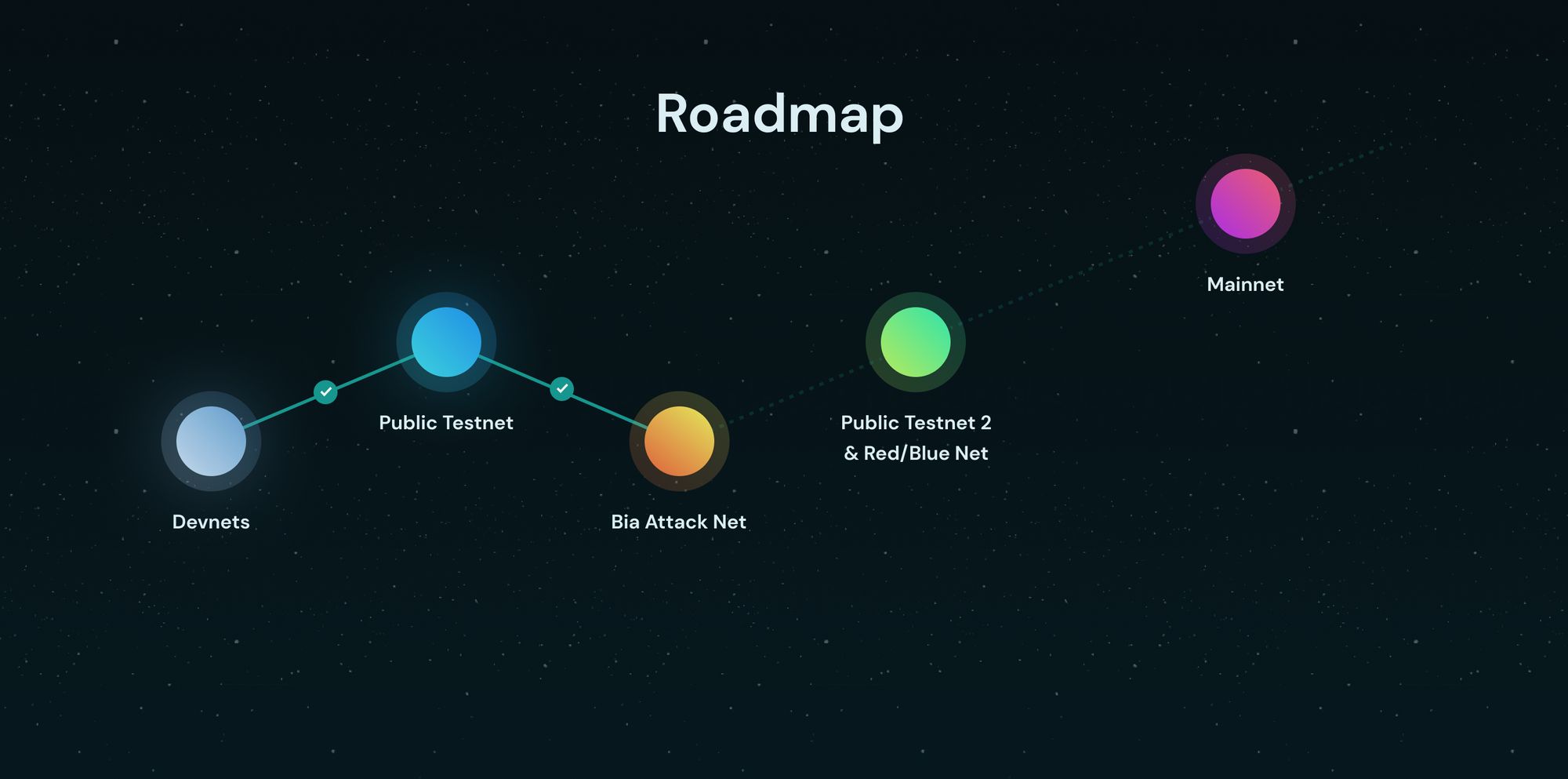The Athena Journey: Running, Exiting & What's Next
Our Athena testnet resulted in 5000+ signups, 200+ successful Distributed Key Generation (DKG) ceremonies, 100+ Distributed Validator Clusters signing attestations across 40+ countries.

5000+ signups, 200+ successful Distributed Key Generation (DKG) ceremonies, 100+ Distributed Validator Clusters signing attestations across 40+ countries. To say the least, the level of interest in our first public testing program wildly exceeded our expectations. THANK YOU for all of the support you, our community, gave us in testing our Distributed Validator Technology middleware, Charon.
This is probably one of the best testaments of how important a role Distributed Validator Technology (DVT) will play in the coming months, especially following the merge, as DVT becomes the most critical primitive on the Ethereum roadmap. At Obol, we feel privileged to lead the effort to decentralize stake and are confident that together with our community, we can tackle the next big challenge for Ethereum.
Here’s what’s in store for Athena.
Agenda
- Athena Final Stage: Running Clusters
- Athena Wave 2
- Athena Exiting
- Next Testing Program: Bia
Useful Links
- Obol Website & Jobs
- Discord (look for the #faq-athena channel for all your questions)
- Quickstart Guide
Athena Final Stage: Running Clusters for 30 days
Getting at-home validators to successfully run DVT clusters with peers was important to us as they represent one of the key stakeholders for Obol and the wider Ethereum staking community. We learned a lot about the needs of this group and how we can better serve them. This was one of the objectives of Athena: improving the user journey and we feel confident with our learnings.
Now that 100+ clusters are running, we have started with Athena's second objective, monitoring health and collecting data from running clusters. This is important to help us understand how well Charon is integrating with the entire validator stack over longer periods of time.
Thus, the next stage for Athena participants is to keep their cluster running for 30 days. To monitor cluster health properly, we have issued monitoring tokens to be added to Prometheus as explained in Step 6 of the quickstart. Only cluster captains need to perform this step. To get your token, you can query our discord Cluster Info Bot with /info <cluster name>. You can get your cluster name by typing /cluster.
As a token of appreciation for those of you who run a cluster for 30 days and provide useful feedback in that process, we will be dropping an exclusive POAP. Stay tuned for more info on this.
Athena Wave 2
This is just the beginning for Athena and we know a lot of operators are waiting for sign-ups to reopen. We are glad to announce that we are working on a full self-serve version of Charon which will allow operators to join without restrictions. Stay tuned on our discord for more updates in the coming weeks.
Athena Exiting
After running clusters for 30 days, the final task for operators will be to be good testnet stewards and exit their validator from the network, rather than just turning it off. The steps to perform this optional step can be found at #6 in the quickstart FAQ.
From there, the Core Team will spend several weeks collating information and analyzing the observed performance of all distributed validators. Performance will be scored and a research post will be published outlining the strengths and weaknesses identified in the client and the entire UX flow of creating and running a distributed validator.
This date also coincides with the beginning of Dappcon (12-14 Sep) and EthBerlin (16-18 Sep). The Obol team will be sponsoring and presenting at both events and we intend to invite testing participants to a wrap-up event during that week in Berlin. More details to follow.
Next testing program: Bia
To this point, we have tested best-effort, happy-path validation with supportive participants. The next critical step towards building a mainnet-ready client is to begin to test its limits and usability. We will announce more details about Bia in early 2023.
Conclusion
Athena participation has been a success so far, and we are excited to release the full performance report after this next phase of running clusters.
- If you are a cluster member, keep running for 30 days. If you would like to exit after that period, follow the quickstart guide.
- If you're still willing to join Athena, we'll reopen a self-serve track in the coming weeks.
- For those that want to continue to contribute, the next step will be the Bia Testing program.
We are already looking forward to working with the community to continue on our path to creating Distributed Validators across the globe! LFG 🚀

